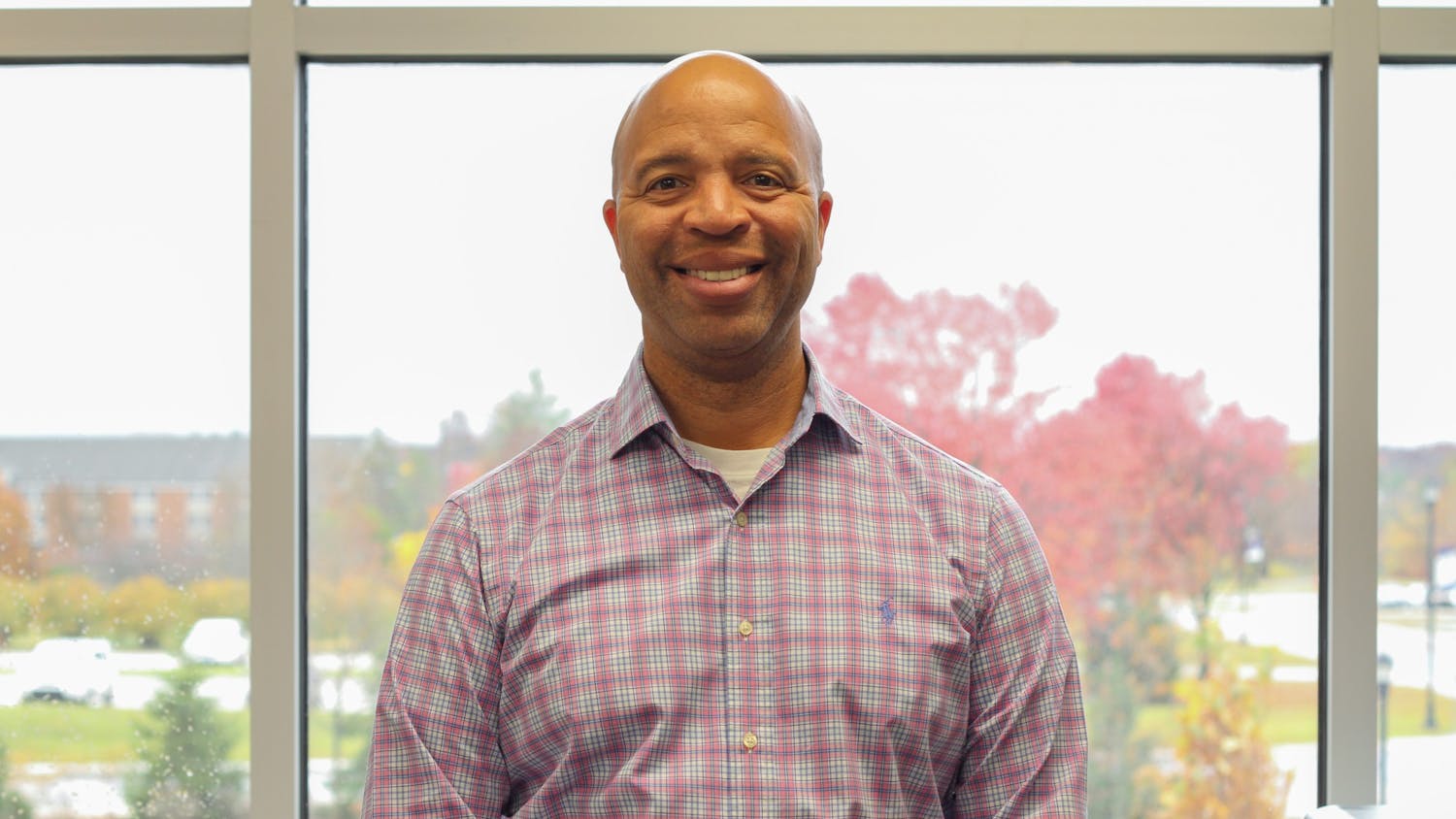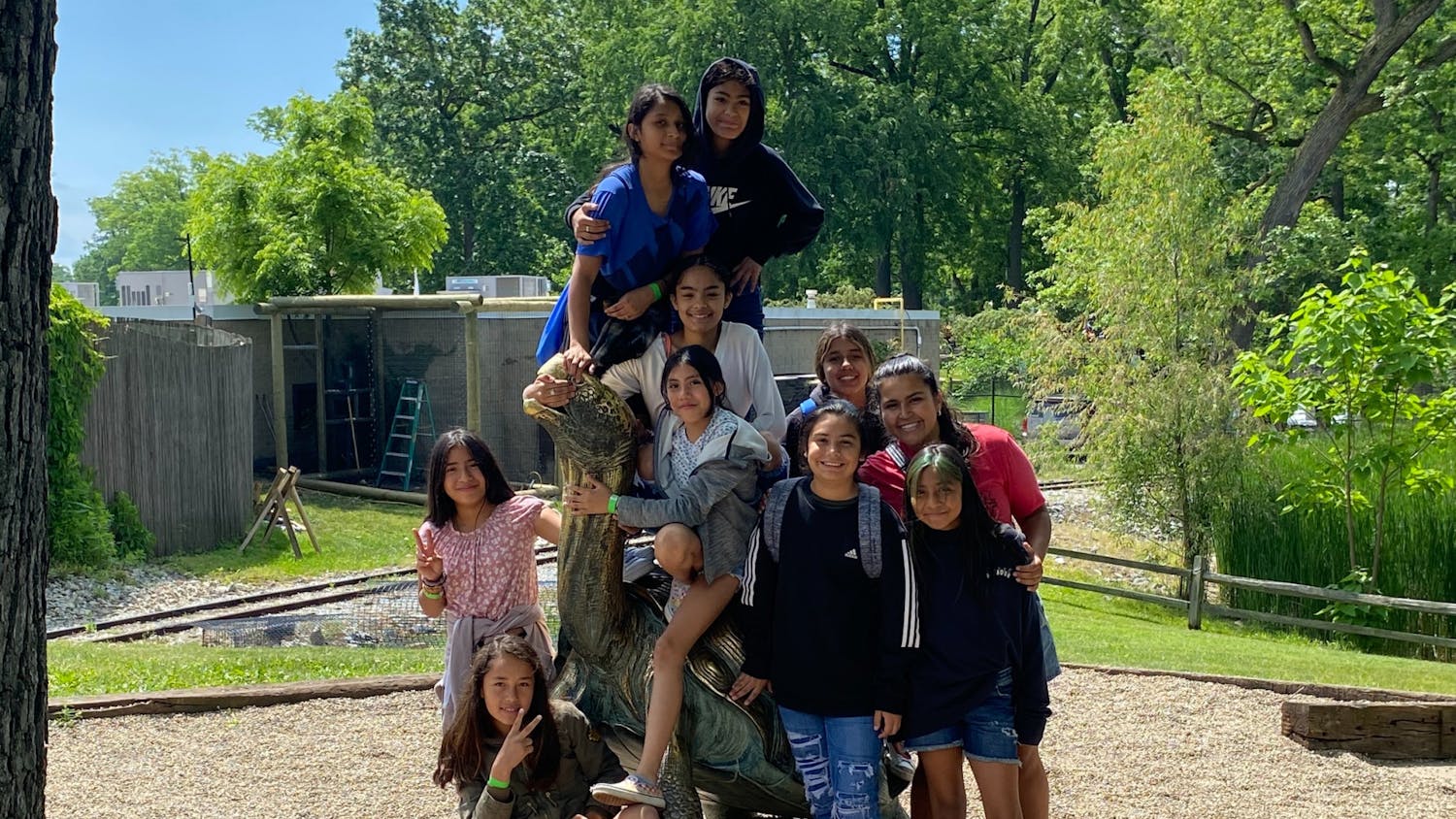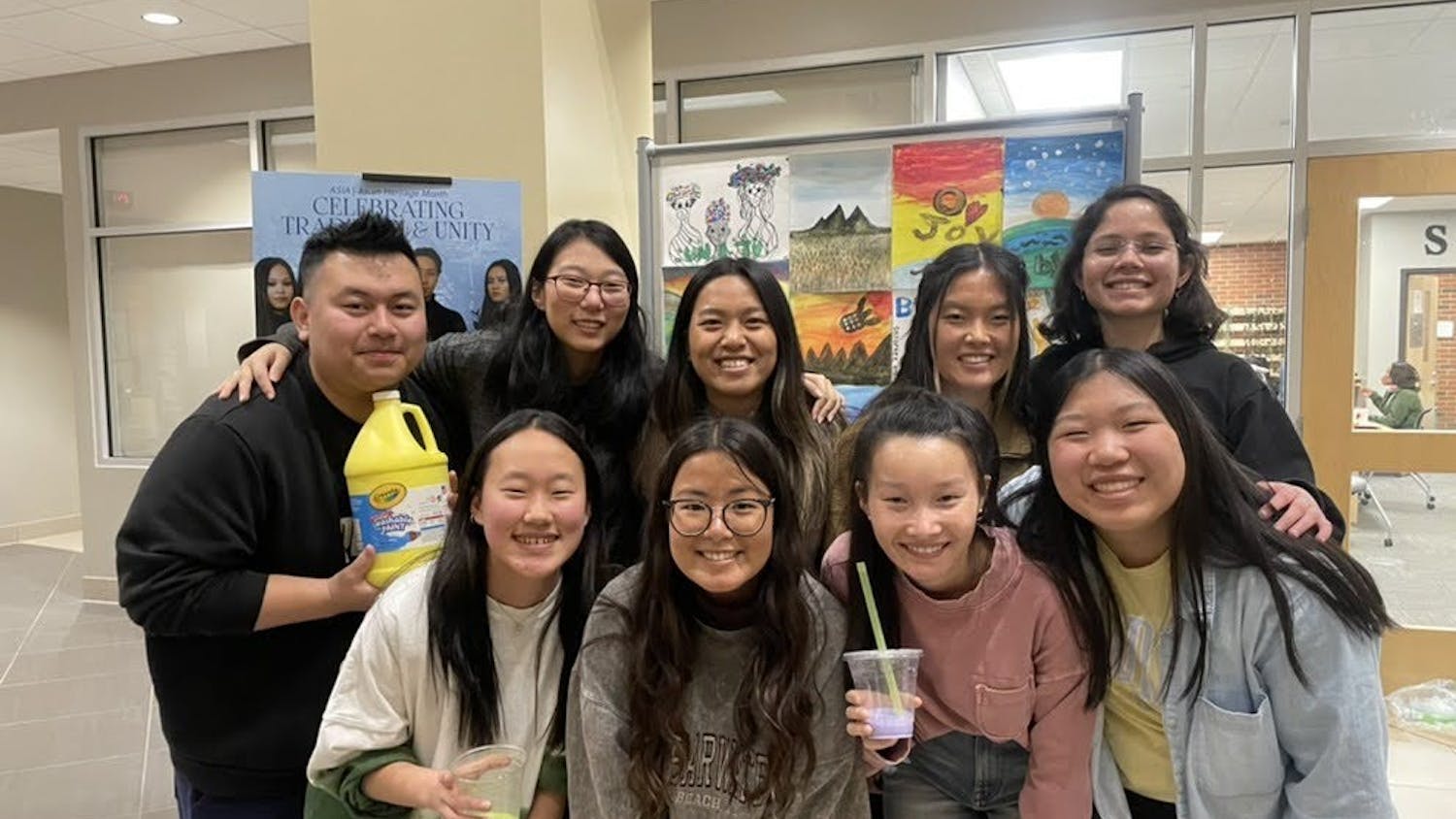The Taylor University Counseling Center’s mission statement is for each of their clinicians to be culturally competent as they engage with students. So, how important are culture and representation when it comes to counseling?
It is easier to be vulnerable and open up to people who are similar to one another.
The Counseling Center works hard to encourage the students on campus to participate in their free services. However, for people of color (POC), representation plays a key part in how comfortable they are while pursuing counseling.
“I feel like I’d be able to relate more comfortably with someone who understands my culture,” sophomore Elijah Choi said.
Choi continued that many questions can cause discomfort when there are no POC counselors to meet the needs of the students.
“[It] feels even worse because you don’t see a lot of minorities going to counseling,” Choi said.
Senior Sumana Wiig said representation is most important for empathy.
“You can have sympathy for someone, but [with] empathy you understand,” Wiig said. “If someone is very different then it’s harder [to be empathetic].”
Lived experience as a person of color is not required for clinicians to counsel POC students. However, that empathy helps to create a better relationship. Sophomore Dawit Cronin said it is easier to talk more openly to someone who understands.
Stephanie Wade, a counseling practicum intern, notices every day how POC students have the opportunity to relate to her as a woman of color. Wade finds this especially important since Taylor has a small POC community. She noted how she wants to create that safe space for Taylor students.
Wade also highlights the value of making sure every counselor is giving the best treatment possible. This treatment includes the counselors realizing that assumptions about their clients' backgrounds can also cause harm.
Representation matters not just for students, but also the counselors. Not only do counselors like Wade get to provide their services, but they are also able to receive services from other POC counselors. Wade also commented on how needed it is for other POCs to work in the counseling industry.
Would more students of color use the Taylor Counseling Center if they had counselors that understood their backgrounds better?
Sophomore Zayda Strother expressed frustration for how her African American peers are denied seeing an African American counselor because Wade does not have availability due to demand.
Wiig suggested that the Counseling Center would do well to see what representation is needed per the different backgrounds of the student body.
Sophomore Kenedy Manuel expressed how she believes it is important for the counseling center to acknowledge different cultures and their different views of mental health. Manuel talked about how the Black community in particular has historically been hesitant to pursue mental health services. She mentioned how she has seen a positive change in her own family between generations. She hopes this will impact the health industry to reduce stigma and influence more POCs to pursue degrees.
When asked about the importance of representation in counseling, Strother responded, “When I applied for the counseling center it’s what I looked for.”
Strother also talked about how she was more likely to recommend counseling to her friends because POC counselors were now employed there.
POC counselors like Stephanie Wade and Craig Cochran, the new Director of the Counseling Center, would help POC students to approach the Counseling Center with less hesitation.
The future of representation in the Counseling Center is bright. Wade emphasizes that the Counseling Center is making strides in the hiring decisions for future POC counselors. Cronin agrees, saying how that potential representation would be amazing for future generations of POC students.
Services for students are not perfect, but more representation would help POC students to be more comfortable while visiting the Counseling Center. It is important for all students to feel understood in such a vulnerable space.
Representation makes a difference.





